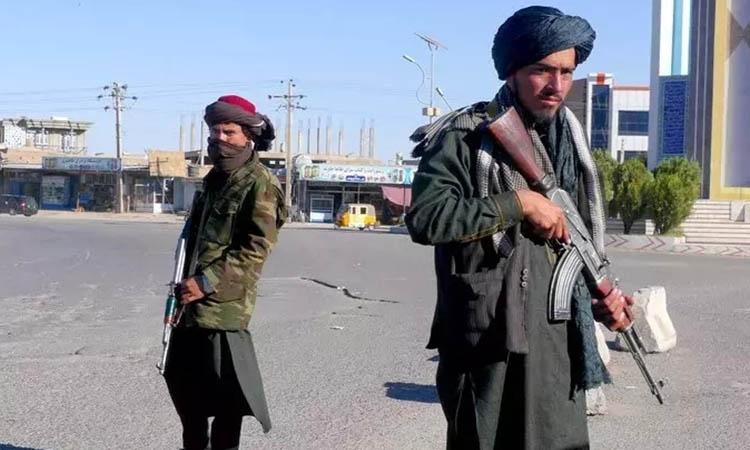A spate of high-profile attacks claimed by IS-K militants in recent weeks has punctured the Taliban's narrative that it has restored law and order in the war-wrecked country, RFE/RL reported.
Since seizing power in August 2021, the Taliban have waged a ruthless crackdown against IS-K militants and their followers. But IS-K has remained resilient and has launched regular attacks on Taliban fighters and officials.
Experts say IS-K is seeking to undermine the Taliban-led government and expose its failure to provide security. The Taliban have long portrayed themselves as a stabilising force that can bring peace to Afghanistan.
In the 1990s, during its first stint in power, the Taliban used brute force and repression to pacify large parts of the country following a devastating civil war, the report said.
Also Read | UN chief welcomes Security Council speaking with one voice for peace in Ukraine
"IS-K's primary aim is to prevent the Taliban from transitioning into a [functional] government from an insurgency," said Abdul Sayed, a Sweden-based researcher who tracks IS-K.
The Taliban have struggled to make that transition as they grapple with a freefalling economy, international isolation, and widening internal rifts. IS-K attacks have further challenged the Taliban's hard-line rule.
"The Taliban cannot formulate a comprehensive counter-terrorism policy as long as they operate like an insurgency and fail to grow into a government acceptable to Afghans," Sayed said.
Since seizing power on August 15, 2021, the Taliban have constantly downplayed the threat posed by IS-K, which first emerged in 2015.
"Without doubt, Daesh has been defeated and suppressed," Taliban spokesman Zabihullah Mujahid told RFE/RL's Radio Azadi last month, using an Arabic acronym for IS-K.
Mujahid said IS-K's bombings of mosques and schools were "symptoms of its weakness and defeat".
But a string of deadly IS-K attacks in recent weeks, mostly targeting religious minorities, have busted the Taliban's claim.
Sayed said IS-K militants are employing urban warfare and guerilla tactics to sow chaos.
"These attacks are aimed at proving that the Taliban's seizure of power has been a failure," he said.
In the first four months of this year, IS-K has carried out at least 119 attacks in Afghanistan, up from 39 during the same period in 2021, according to a recent report published by Sayed. The attacks included suicide bombings, assassinations, and ambushes on security posts.
Experts feel IS-K remains a key security challenge for the Taliban.
Also Read | SL protesters surround Parliament as hartal brings country to standstill
Zia Ur Rehman, an independent Pakistani journalist who tracks militant groups in Afghanistan and Pakistan, said IS-K is aiming to weaken "the Taliban's claims that they are a force of stability in Afghanistan and the region".
"They are also trying to use their status as the most potent militant group operating against the Taliban inside Afghanistan," he said, RFE/RL reported.


















